Exploring Eco-Friendly Packaging Materials: A Sustainable Shift in Modern Supply Chains
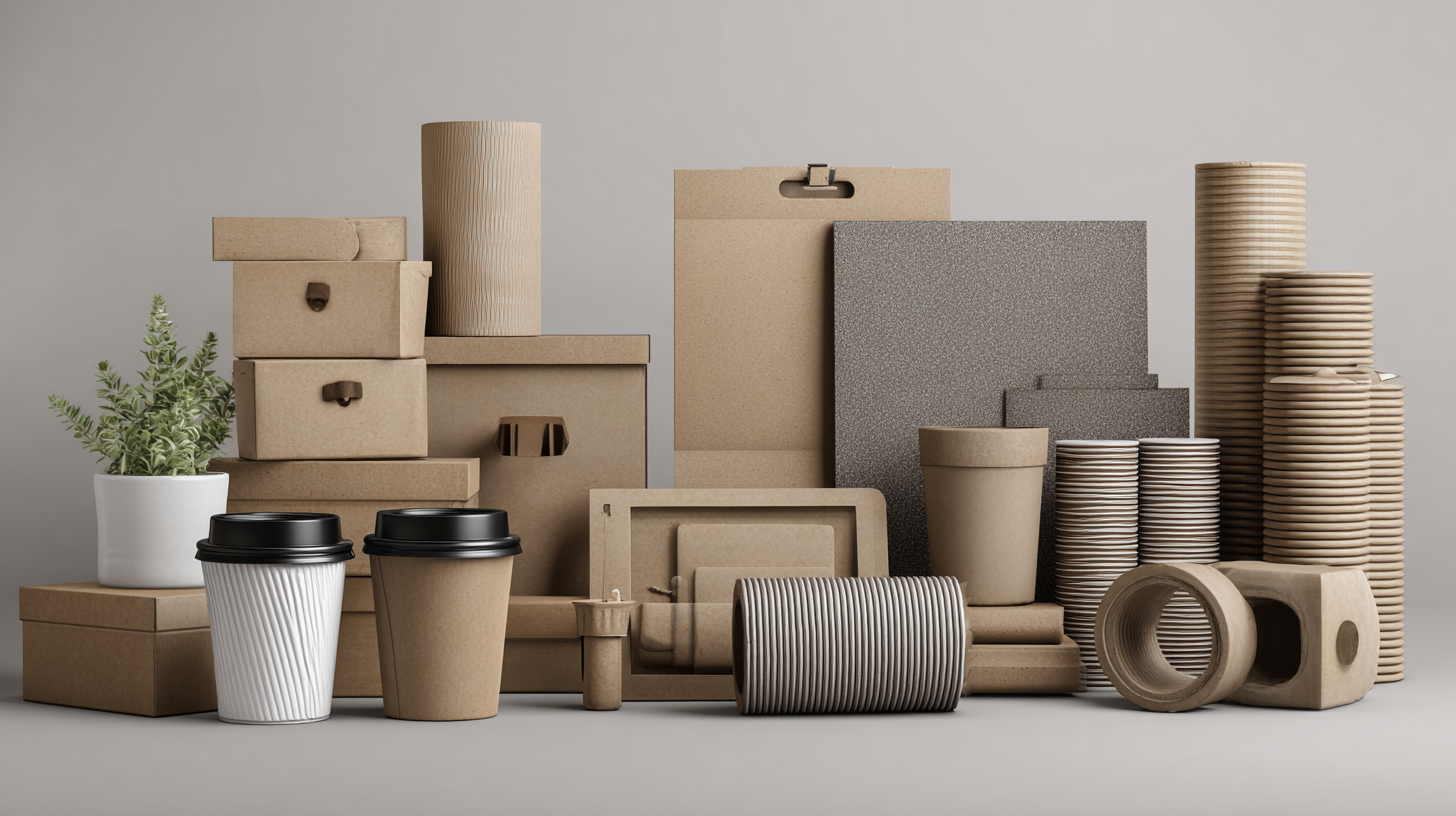 In the contemporary landscape of supply chains, the focus on sustainability has propelled the exploration of eco-friendly packaging materials to the forefront of business innovation. As companies strive to reduce their environmental footprint, the adoption of sustainable packaging solutions has emerged as a critical component in their operational strategies. These innovative materials not only minimize waste but also contribute to a circular economy, where resources are reused and recycled effectively. By integrating digital technologies and best practices, organizations can enhance their packaging processes, ensuring that the packaging materials used are not only functional but also environmentally responsible. This shift towards sustainable packaging is not solely about compliance; it represents a strategic investment in the future, promoting brand loyalty and customer satisfaction while addressing pressing ecological challenges.
In the contemporary landscape of supply chains, the focus on sustainability has propelled the exploration of eco-friendly packaging materials to the forefront of business innovation. As companies strive to reduce their environmental footprint, the adoption of sustainable packaging solutions has emerged as a critical component in their operational strategies. These innovative materials not only minimize waste but also contribute to a circular economy, where resources are reused and recycled effectively. By integrating digital technologies and best practices, organizations can enhance their packaging processes, ensuring that the packaging materials used are not only functional but also environmentally responsible. This shift towards sustainable packaging is not solely about compliance; it represents a strategic investment in the future, promoting brand loyalty and customer satisfaction while addressing pressing ecological challenges.
Innovative Biodegradable Materials Transforming Packaging Practices
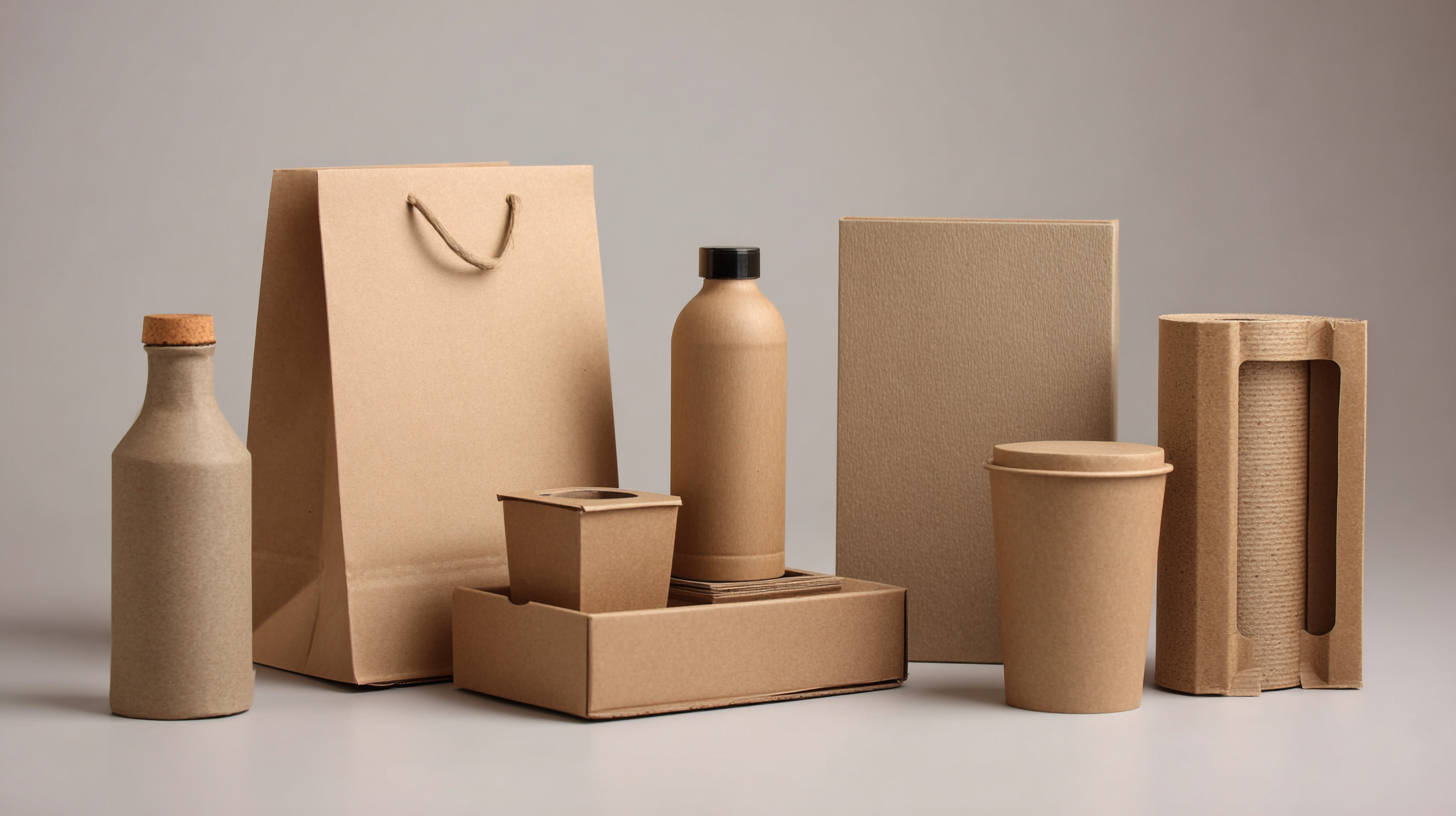 The surge of eco-friendly packaging practices is transforming modern supply chains, with innovative biodegradable materials leading the way. The global bioplastics market, valued at $3.76 billion in 2023, is projected to grow to $39.8 billion by 2024 and reach approximately $63.3 billion by 2032, demonstrating a compound annual growth rate of 5.9%. This rapid expansion highlights the increasing consumer preference for sustainable options and the commitment of companies to reduce their environmental impact.
The surge of eco-friendly packaging practices is transforming modern supply chains, with innovative biodegradable materials leading the way. The global bioplastics market, valued at $3.76 billion in 2023, is projected to grow to $39.8 billion by 2024 and reach approximately $63.3 billion by 2032, demonstrating a compound annual growth rate of 5.9%. This rapid expansion highlights the increasing consumer preference for sustainable options and the commitment of companies to reduce their environmental impact.
As industries pivot towards greener solutions, innovative packaging, such as eco-friendly delivery and pizza boxes, are gaining traction. For instance, the global pizza box market is expected to grow from $2.696 billion in 2024 to meet the rising demand for sustainable packaging solutions. Companies are not only focusing on the functionality of packaging but also on its environmental footprint, making sustainability a core part of their operations.
Tips: When considering sustainable packaging materials, evaluate the lifecycle of the product to ensure it aligns with eco-friendly practices. Additionally, staying informed about industry trends can help businesses remain competitive in a rapidly evolving market that increasingly values sustainability. Investing in biodegradable materials not only caters to consumer demands but also promotes a healthier planet.
The Role of Plant-Based Plastics in Reducing Environmental Impact
The rise of plant-based plastics marks a pivotal development in the quest for sustainable packaging solutions within modern supply chains. As reported by the European Bioplastics Association, the global market for bioplastics is expected to grow to 4.9 million tons by 2023, highlighting the increasing demand for eco-friendly alternatives that significantly reduce environmental impact.
Plant-based plastics, often derived from renewable resources like corn starch and sugarcane, can minimize reliance on fossil fuels and decrease greenhouse gas emissions. Studies suggest that replacing traditional petroleum-based plastics with plant-based options can reduce carbon footprints by up to 60%.
When considering the shift to plant-based plastics, businesses should keep a few tips in mind. Firstly, evaluate the entire lifecycle of the packaging material, from sourcing to disposal, to fully understand the environmental benefits. Secondly, invest in robust supplier relationships to ensure the quality and performance of these materials are consistent and reliable. Lastly, educate consumers about the benefits of choosing plant-based packaging, as awareness can drive demand and influence broader industry practices. Transitioning to these innovative materials not only contributes to sustainability but also aligns with increasing consumer preferences for greener alternatives.
Recyclable Solutions: How Companies Are Embracing Circular Economy Principles
As sustainability becomes a crucial focus for industries worldwide, companies are increasingly embracing circular economy principles through the adoption of recyclable packaging solutions. According to a report by Smithers Pira, the global sustainable packaging market is expected to reach $400 billion by 2027, with a significant portion attributed to the rise of recyclable materials. This shift not only reduces waste but also helps brands meet consumer demand for environmentally friendly practices, ultimately driving competitive advantage in the marketplace.
Major corporations are leading the charge in this eco-conscious transformation. For instance, Unilever has committed to ensuring that at least 75% of its plastic packaging is recyclable, reusable, or compostable by 2025, aligning with the broader goals of reducing environmental impact. Similarly, a study by the Ellen MacArthur Foundation highlighted that transitioning to a circular economy could yield a global economic benefit of $4.5 trillion by 2030, underscoring the financial viability of sustainable practices. As businesses continue to innovate and prioritize recyclable options, they play a pivotal role in creating a more sustainable and circular supply chain.
Exploring Eco-Friendly Packaging Materials: A Sustainable Shift in Modern Supply Chains
| Material Type | Recyclability | Source | Carbon Footprint Reduction | Adoption Rate |
|---|---|---|---|---|
| Biodegradable Plastics | Yes | Plant-based materials | 30% reduction | 25% |
| Recycled Paper | Yes | Post-consumer waste | 50% reduction | 40% |
| Mushroom Packaging | Compostable | Natural fungi | 60% reduction | 15% |
| Glass Containers | Yes | Silica sand | 20% reduction | 35% |
| Plant-Based Films | Yes | Corn or sugarcane | 25% reduction | 30% |
Technological Advances Driving Eco-Friendly Packaging Evolution
Technological advancements are fundamentally transforming the landscape of eco-friendly packaging materials, driving a significant shift towards sustainability in modern supply chains. Innovations in materials, such as recycled resins and biodegradable options, are not only enhancing product protection but also improving presentation to meet the evolving expectations of eco-conscious consumers. The integration of smart technologies, including AI and IoT, further enables brands to optimize their packaging solutions, creating smarter, more sustainable products that resonate with increasingly discerning buyers.
As market demands evolve, the advanced packaging sector is projected to experience substantial growth, with significant contributions from the beverage and nutraceutical industries. Businesses are harnessing technological advancements to design packaging that not only meets sustainability standards but also aligns with digital consumption trends and e-commerce expansion. This transformative era highlights the importance of innovative packaging strategies, positioning sustainability at the forefront of brand evolution while delivering enhanced value to both consumers and the planet.
Eco-Friendly Packaging Materials Adoption Rates
This chart displays the adoption rates of various eco-friendly packaging materials in modern supply chains. The data illustrates a growing shift towards sustainable practices as companies increasingly prioritize environmental responsibility.
Consumer Awareness and Its Influence on Sustainable Packaging Trends
As consumer awareness around environmental issues grows, the demand for sustainable packaging materials has reached new heights. Shoppers are increasingly prioritizing brands that demonstrate a commitment to eco-friendly practices. This shift not only influences purchasing decisions but also compels companies to innovate in their packaging choices. Biodegradable materials, recycled content, and minimalistic designs are now key considerations for businesses aiming to attract environmentally-conscious consumers.
Tips for consumers looking to make sustainable choices include checking for certifications like FSC or Cradle to Cradle, which indicate responsible sourcing and production. Additionally, opting for products with minimal packaging or reusable containers can significantly reduce waste. Consumers can further support sustainable practices by providing feedback to brands about their packaging choices, urging companies to invest in green alternatives.
As the trend toward sustainability continues to evolve, businesses must stay attuned to consumer preferences. Understanding what drives customers towards greener options is essential for developing packaging solutions that resonate in the modern marketplace. Engaging in transparent communication about sustainability efforts can build trust and foster a loyal customer base that values eco-conscious initiatives.
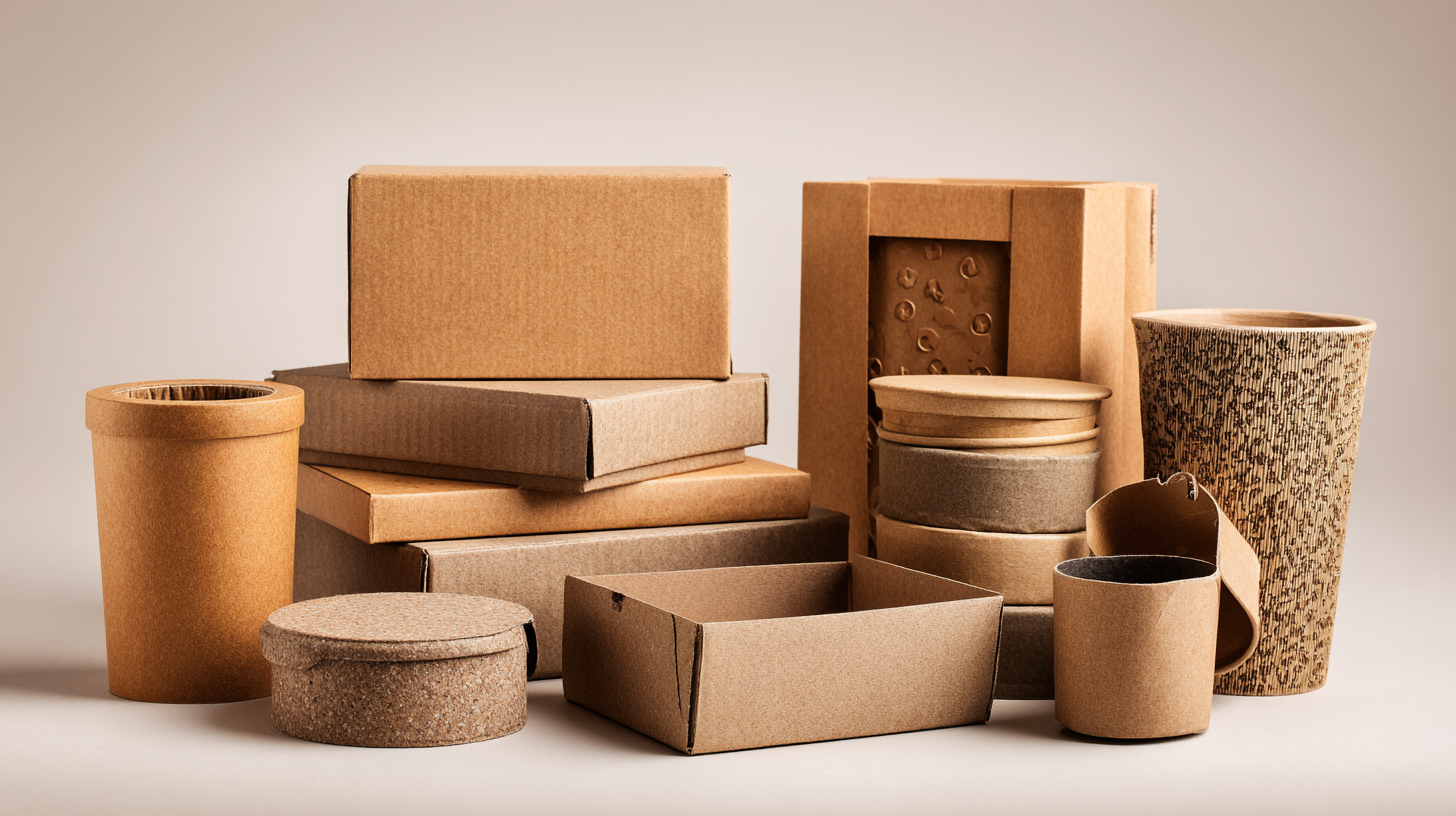
Related Posts
-

The Ultimate Guide to Choosing Eco Friendly Packaging Supplies for Your Business
-

Revolutionizing Sustainable Food Packaging Solutions for a Greener Future
-

The Future of Sustainability in Carton Packaging Techniques and Innovations
-
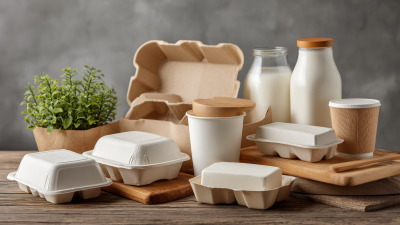
Transforming Sustainability in Food Packaging: How Eco-Friendly Materials are Reshaping Consumer Choices
-

Exploring Eco Friendly Innovations in Carton Packaging for Sustainable Brands
-
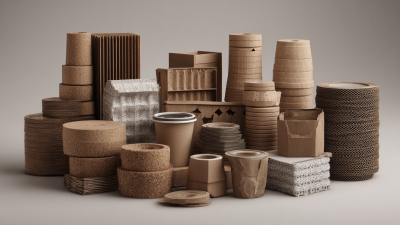
Innovative Packaging Materials Transforming Sustainability in the Modern Age
